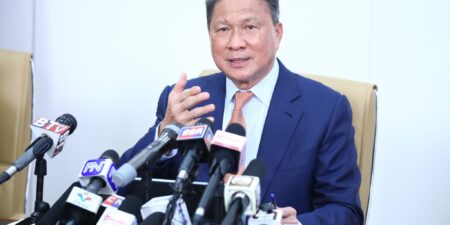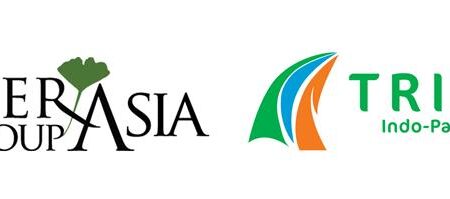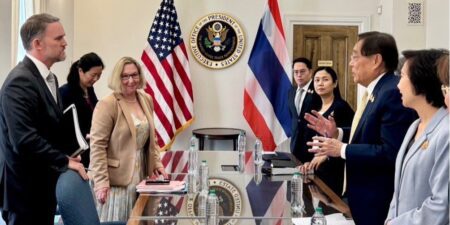BowerGroupAsia wrote an update to clients on Timor-Leste’s recent engagement with China.
Context
- Timor-Leste President Jose Ramos-Horta was hosted by Chinese President Xi Jinping in Beijing from July 28-31 In a clear display of the small island nation’s heightened geostrategic importance. The visit advanced the comprehensive strategic partnership the countries formed last year and resulted in the signing of several cooperation documents under China’s Belt and Road Initiative.
- Almost more significant than this, however, is the symbolism of the visit itself. In the context of regional tensions between China and the West, Timor-Leste’s visit to Beijing sends a clear message to the region that the country is intent on preserving its diplomatic and strategic autonomy and will engage with all sides to pursue its economic development goals.
Significance
- Being hosted by a world power demonstrates the increased geopolitical clout Timor-Lese has garnered due to the contest for influence in the Indo-Pacific. Ramos-Horta’s Beijing engagement will likely strengthen Dili’s hand in negotiations with Australia over the Greater Sunrise oil and gas project, which has been progressing slowly this year. Wood Group is undertaking a concept study to determine where to process the gas, which is due to be completed by the end of this year. This should bring an end to uncertainty about the project, which could spur investment and business activity and improve overall investor confidence in Timor-Leste.
- In the joint statement released on July 29, the two countries agreed to “help Timor-Leste achieve independent and sustainable development.” Both sides agreed to strengthen cooperation in “trade and investment, agriculture and fishery, health, water conservancy, energy, education and poverty reduction … tourism, digital economy [and] green development.”
Implications
- The joint statement outlined that the “two nations agreed to enhance exchanges at all levels between the military and police forces, strengthen cooperation in such areas as personnel training, equipment technology, the conduct of joint exercises and training, police affairs and law enforcement.” This will likely rouse concern in Australia, which signed a defense pact with Timor-Leste last year and is anxious to deter increased Chinese military and police presence so close to its borders. Ramos-Horta has repeatedly rejected and criticized Australia’s concerns and has stressed Timor-Leste’s autonomy and “friends to all” approach.
- Companies and investors could leverage the increased Timor-Leste-China trade and development cooperation to find opportunities in new supply chains and markets in Timor-Leste. Businesses may benefit from better connectivity and reduced operational costs if the Belt and Road Initiative or increased Australian infrastructure investment bring new or improved infrastructure to Timor-Leste.
We will continue to keep you updated on developments in Myanmar as they occur. If you have any questions or comments, please contact BGA Head of Research Murray Hiebert at mhiebert@bowergroupasia.com.
Best regards,
BowerGroupAsia

BowerGroupAsia


























